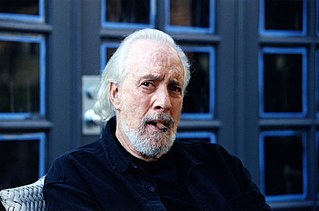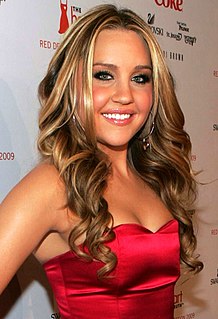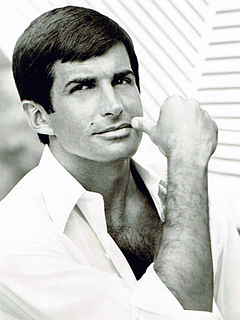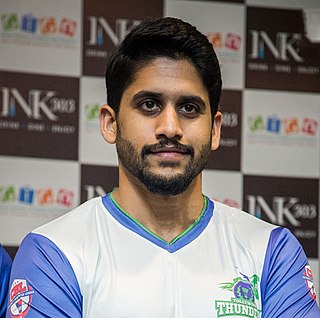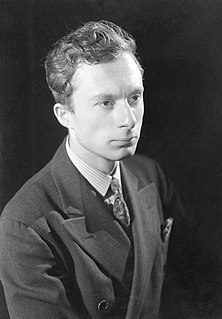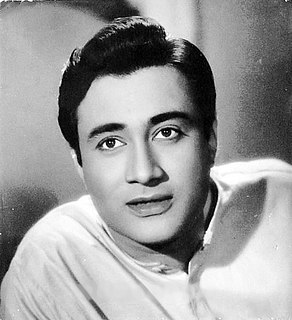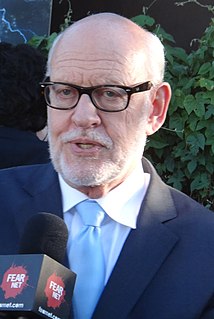A Quote by Robert Towne
The one thing you know when you're shooting a script - and I've been on a lot of sets - is space is in a script, and the distance between the page and the stage is so enormous that it is unbelievable how even the brightest people can misread your intent or not see it altogether. Scripts have air in them. Scripts are supposed to leave things up to interpretation, but people can misread things enormously, so sometimes it's just a matter of wanting to put on the screen what you had in mind.
Related Quotes
A lot of actors choose parts by the scripts, but I don't trust reading the scripts that much. I try to get some friends together and read a script aloud. Sometimes I read scripts and record them and play them back to see if there's a movie. It's very evocative; it's like a first cut because you hear 'She walked to the door,' and you visualize all these things. 'She opens the door' . . . because you read the stage directions, too.
If you put someone in a room with no script to direct, they're just going to sit there. Writing scripts is the execution for a show. Then the director takes that and hires people. It's like trying to build a house without any bricks. You need the script. I could build the house, but I have to know how.
At MGM there was a script cage in the basement where they’d show rushes. And I thought to myself, “How do I get into the script cage and find out what my future is?” I climbed into the script cage one night and spent the whole night in there. I saw the bowels of MGM. I saw the studio scripts that the producers had seen; the writers had just handed them in. And I started thinking this is a chance to pick my own roles.
I structure the scripts and work on them on films and work on scenes with writers and but I haven't written a script myself, I really respect what they do and I'm fortunate I get to work with people that I really enjoy working with and we all kind of spitball and work together on these things, but I haven't written a script yet.
I think I read films having grown up around the pre-production and post-production aspect of the filmmaking medium, a lot more than most young people who are in acting would have experienced. I do think about scripts in a different way. I can't just read a script as an actor. I don't know how to do that.
I've always wanted to do non-comedies, I've always done dramas, comedies, music, and I always like to bop around and do different things. I'm looking for something a bit tougher, more muscle mass, something small, but the thing is, I get all the best comedy scripts, I don't get all the best drama scripts. So I'll just go with what's the best script.
